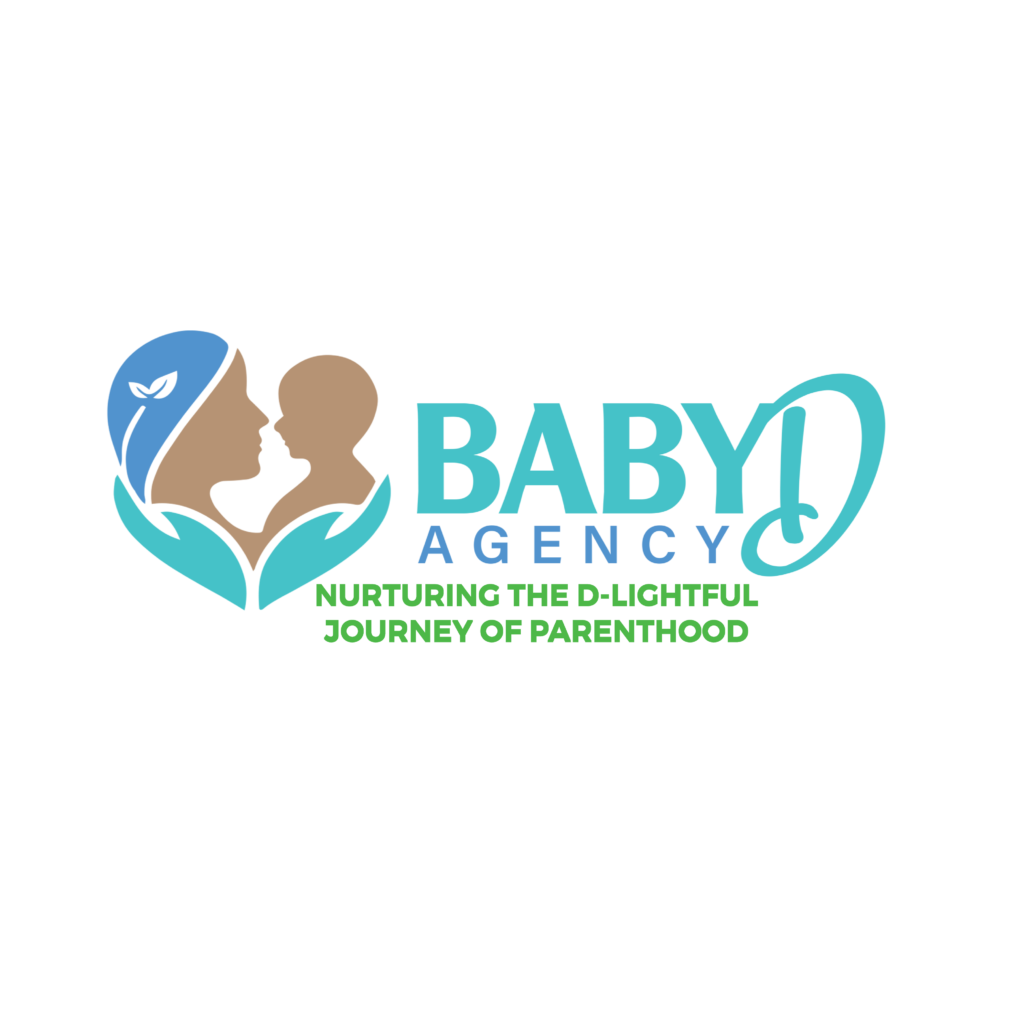Becoming a new parent is one of life’s most precious and rewarding experiences. At the same time, it can feel overwhelming caring for a tiny, helpless human who depends on you for everything. Proper newborn care during the first weeks and months lays the foundation for your baby’s health, growth, and development.
This comprehensive guide provides essential newborn care tips for feeding, sleeping, diapering, bathing, health, and safety to help you confidently care for your little one.
Essential Newborn Care Tips
These essential newborn care basics will help new parents provide for their baby’s needs in the early months.
Feeding
One of the most important newborn care tasks is proper feeding. This ensures your baby receives adequate nutrition to fuel growth and development.
Breastfeeding vs. formula feeding: Both breastmilk and formula can provide complete nutrition. Breastmilk offers immune system benefits and convenience without preparation. The formula may be necessary or preferred for various reasons. Discuss options with your doctor.
Bottle feeding tips: If bottle feeding, always hold the baby upright. Tilt the bottle so milk fills the nipple and air doesn’t get in. Pace feedings so the baby doesn’t ingest too much air. Never prop bottles.
Feeding schedules: At first, nurse or feed baby 8-12 times per day on demand. Watch for hunger cues like rooting, sucking, or putting hands to mouth. As baby grows, they will develop more predictable feeding patterns.
Spit up and reflux: It’s normal for newborns to spit up small amounts after eating. Frequent large spit-ups or full-body arching may signal reflux requiring medical attention. Try smaller, more frequent feeds or hold the baby upright 20 minutes after eating.
Sleeping
Newborn sleep patterns are completely different than adult sleep. Learning the baby’s sleep cues and establishing safe sleep practices will help everyone rest better.
Newborn sleep patterns: Newborns sleep 14-17 hours per day but only 1-3 hours at a time. They cycle quickly between sleep stages with brief periods of deep sleep. By 6 months, longer stretches at night develop.
Safe sleep environment: Place baby alone on their back on a firm, flat mattress with a tight-fitting sheet. Keep the sleep surface free of toys, pillows, and loose bedding. Room sharing is recommended.
Soothe a crying baby: Crying peaks around 2 months. Try calming techniques like swaddling, shushing, swinging, sucking, or baby-wearing. Develop a bedtime routine like feeding, bathing, and rocking to signal sleep.
Sleep training: Gradually establish more consistent nap and bedtimes. Use the same soothing strategies at bedtime to help the baby learn to self-soothe to sleep.

Diapering
Frequent diaper changes are essential for newborn health and to prevent painful diaper rash. Stock up on supplies and establish a diaper-changing routine.
Diaper frequency: Newborns need 10-12 diaper changes per day. Change immediately after waking up, after feeding, and whenever soiled. Urine and stool frequency change with nutrition and age.
Preventing diaper rash: Change wet and soiled diapers promptly. Clean and fully dry the baby’s skin with each change. Apply diaper cream or petroleum jelly at early signs of redness. Let the baby go diaper-free for brief intervals.
Diapering procedure: Get organized with supplies like fresh diapers, wipes, and cream before placing the baby on the changing pad. Always keep one hand on the baby. Clean skin gently but thoroughly. Dispose of diapers properly. Wash hands after.
Bathing & Grooming
While not necessary every day, regular newborn bathing helps keep babies fresh, calm, and healthy. Learn baby bathing basics plus tips for trimming nails and caring for hair and skin.
Newborn bath basics: Sponge bathes newborns until the umbilical cord stump falls off and any circumcision heals. Use lukewarm water and mild soap. Support neck and head while quickly washing baby and rinsing well. Keep ear canals dry.
Safety tips: Never leave the baby alone during bathing. Have supplies ready beforehand. Monitor bath water temperature carefully. Lay baby on a towel and dry thoroughly, patting skin gently.
Trimming nails: Use baby nail clippers or scissors with rounded tips. Trim just the very ends after a bath while the nails are soft. Cut nails straight across to avoid ingrown nails.
Skin and hair care: Apply gentle moisturizing lotion after baths. Comb newborn hair gently with a soft brush and use mild baby shampoo if needed. Baby acne and other rashes are common newborn skin issues.
Health & Hygiene
While most newborns are healthy, it’s essential to recognize signs of illness and establish safe health and hygiene routines right away.
Newborn appearance: Many newborns have a thin coating of vernix at birth. Baby acne, rashes, flaky skin, and yellowish skin are common and usually resolve. Call your doctor with any unusual redness or swelling.
Identifying illness: Contact your pediatrician if the baby has a rectal temperature over 100.4°F, difficulty breathing, blue-tinted skin, excessive crying, or a significant decrease in appetite or activity.
Newborn CPR: Take an infant CPR class to be prepared in an emergency. Always support the head and neck if the baby is struggling to breathe. Gently wipe nose and mouth with bulb syringe if unable to clear secretions.
Hygiene basics: Wash hands before touching the baby and after every diaper change. Disinfect the changing area after each use. Use hospital-grade disinfectant on pacifiers and bottle parts. Avoid contact with sick children or adults.

Additional Newborn Care Tips
These extra newborn care tips will prepare parents to meet the baby’s needs for soothing, bonding, and adjusting to their new normal.
Soothing a Fussy Baby
Excessive crying can be frustrating and concerning for new parents. Try these soothing techniques:
- Swaddling snugly in a blanket provides comforting confinement.
- White noise from shushing, humming, fans, or sound machines mimics the womb.
- Gentle bouncing, rocking, or swinging may calm the baby.
- Offer a pacifier for sucking and self-soothing.
- Baby-wearing in a sling or carrier provides closeness.
If crying becomes unmanageable, check for hunger, diaper rash, illness, or other needs. Never shake or harm the baby. Set baby somewhere safe like the crib and take a breather if needed.
Bonding and Connecting With Your Newborn
Building a strong bond from the start has lifelong benefits. Try:
- Skin-to-skin contact by holding baby bare-chested.
- Reading, singing, and playing facial games help the baby engage.
- Infant massage with gentle strokes promotes touch.
- Go for walks together to introduce new sights and sounds.
- Maintain eye contact while feeding and talking with the baby. Match baby’s noises sometimes.
Caring For Yourself Postpartum
Postpartum self-care is vital but often overlooked. Be sure to:
- See your doctor for normal postpartum appointments and check-ups.
- Gradually resume pelvic floor exercises to promote healing.
- Reach out for help with postpartum depression symptoms like excessive crying, anxiety, or lack of bonding with your baby. You don’t have to tough it out alone.
- Rest when the baby sleeps. Let others cook, clean, and hold the baby sometimes. Lower standards temporarily.
Preparing Your Home & Lifestyle
Major adjustments are in order when bringing home a newborn:
- Remove choking hazards and anchor heavy furniture to the walls. Install cabinet locks and cover outlets.
- Discuss parenting responsibilities with your partner upfront. Communicate needs clearly.
- If you have other children, schedule one-on-one time with them for reassurance. Involve them appropriately with newborn care.
- Freeze casseroles and meals to have on hand for quick dinners. Stock up on easy snacks and household paper products.
- Ask for and accept help from family and friends. Most want to assist and will be happy to hold your baby while you shower.
FAQs
What are some newborn sleep tips?
- Allow days and nights to mingle at first. Then gradually differentiate them.
- Establish calming bedtime routines like swaddling, dimming lights, reading, or singing.
- Put baby to sleep drowsy but awake so they learn to self-soothe.
- Wait 15-20 minutes before responding to fussing to allow the baby to resettle.
- Avoid stimulating the baby too much in the evenings by keeping feedings calm with minimal play.
How do I know if my newborn is getting enough milk?
- Monitor wet and dirty diapers which signal adequate intake.
- Watch for proper weight gain at pediatrician visits.
- Notice swallowing and contentment during feeding.
- Ensure baby wakes to feed 8-12 times daily, especially in the first few weeks.
When should I take my newborn to the doctor?
Take baby to the pediatrician for well-child checkups at:
- 3-5 days old.
- 1 month old.
- 2 months old.
- 4 months old.
- 6 months old.
Also see the doctor right away with any fever over 100.4°F, difficulty breathing, a significant decrease in appetite or activity, or other concerning symptoms.
What supplies do I need for a newborn?
Stock up on burp cloths, pacifiers, baby lotion/shampoo, diapers in various sizes, sensitive baby wipes, cotton swabs, nasal aspirators, digital thermometers, nail clippers, baby washcloths, baby blankets, baby towels, crib sheets, sleep sacks, changing pad, and infant car seat.
How can I soothe a crying newborn?
- Check diaper, hunger, temperature, clothing comfort, and other physical needs first.
- Try calming techniques like swaddling, baby-wearing, white noise, and gentle motion.
- Give a pacifier for sucking.
- Keep lights low and voices soft.
- Hold baby skin-to-skin.
- Take baby for walk outside.
- Draw a warm bath to relax baby.
Conclusion
The infant days go by in a blur of feedings, diaper changes, and cat naps. While tiring for new parents, this precious time also passes quickly. By providing attentive newborn care in the early months, parents can help their babies thrive while building a strong foundation for their lifelong health and well-being. Follow these essential newborn care tips and enjoy every moment with your little bundle of joy.

